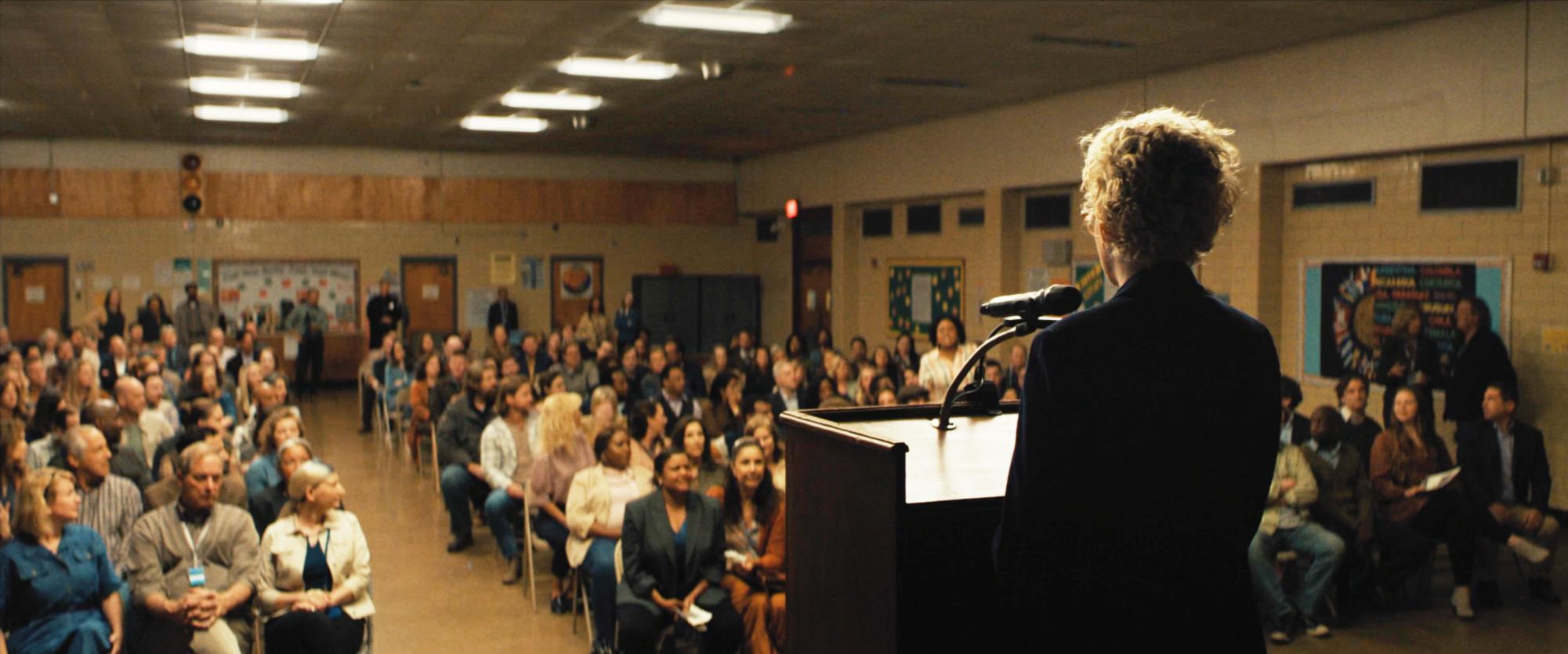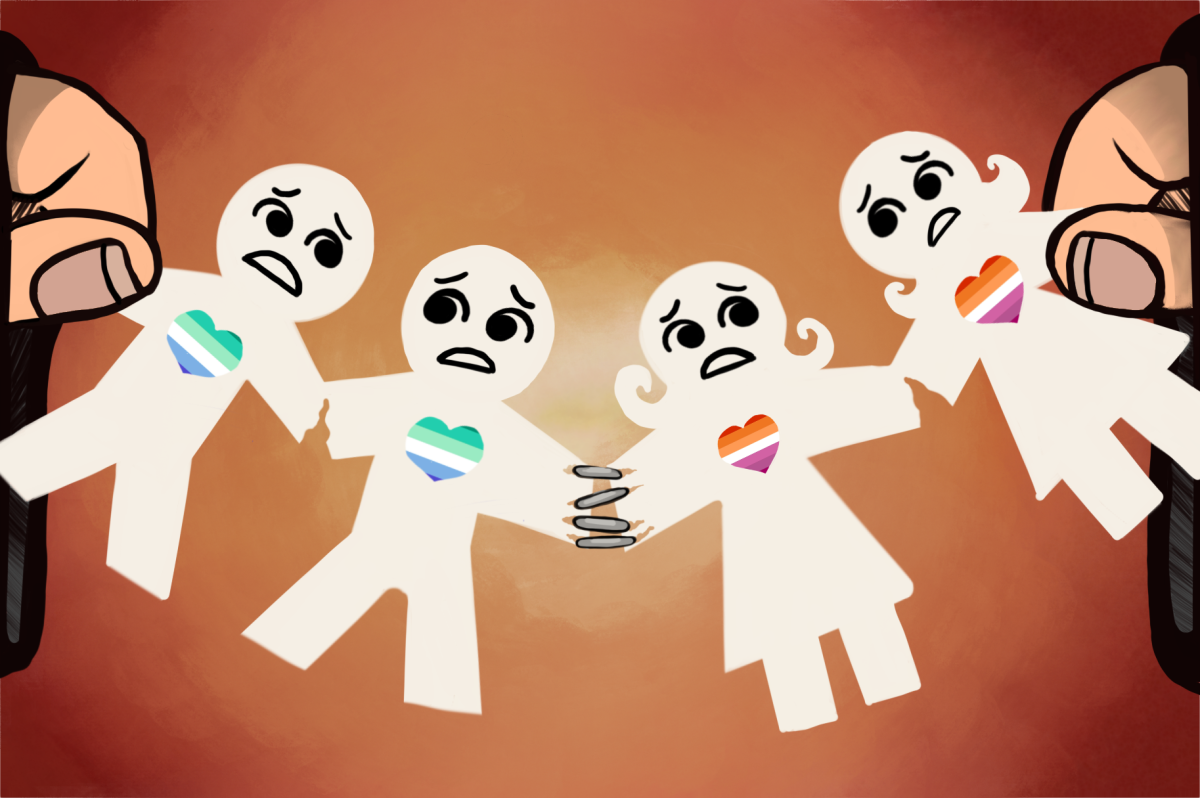Children battery-ramming doors, glass windows and enough breaking and entering to wonder why nothing is ever locked could essentially sum up the notability of “Weapons.”
While it was entertaining, which I guess is a bar any movie should be able to meet, there is nothing particularly remarkable about it that wasn’t already met by other thriller movies.
Its formula follows the same as most new-age movies given the label of horror but behave in thriller genre fashion. Because of that, my one and only major critique is that the mystery does not make up for the “why?”
The storytelling is there, to be clear. There is a direct line of thought, and the perspectives are layered quite well as to not repeat the same event in redundance from different eyes but to follow side-stories that meet in one turning-point moment.
Throughout the whole plot, though, there is one major question every character is asking, and it starts with the classroom of missing children. Where did they go? Well, we see where later, and everything leading up to that moment is really just an elaborate set-up to eventually unveil the scary antagonist. Why did the antagonist do it?
Who knows.
The thing is, there’s mystery and then there’s plot holes. I can tell you that the general symbolism of the story has something to do with the concept of parasites eating their hosts, and that it’s depicted in the classroom whiteboards, the class lessons, even the nature TV show characters are watching and the way the antagonist forces herself into the homes of other character.
I can tell you that alcoholism and drug abuse is a general theme, where characters use it in supplement to cope with their daily struggles, like the cop who is deeply dissatisfied with his relationship and the homeless man who steals for meth money.
What I can’t tell you is why the antagonist stole a class of children and kept them generally unharmed, standing in a basement like “Sims” characters. Which is the whole point of why there is a story in the first place, right? Yes, basement children are unsettling. No one wants to see that. But that’s just it, I’m afraid. It seems shock factor has relieved any duty in the basics of storytelling.
Something about the kidnapping of people and keeping them in a standing vegetative state is supposed to be healing the antagonist, but there is still no explanation as to why she is dying to begin with, who she is, how she possessed the power or how she’s able to do it. I don’t like the expectation that the audience is supposed to just accept these random facts about her.
This movie is not the only one doing this or even the worst of them all. It’s just the straw on my back that simply adds crushing weight to the already growing problem of films with assumption plotlines.
Sure, I could assume that the antagonist is another worldly creature, or a human, or both or neither, and that she is bald and dying because of cancer or maybe misuse of household chemicals. And the children are just there for emotional support. Do you see what I mean? It’s like “Hansel and Gretel” if the witch was just rage-baiting.
A good antagonist has a purpose. Conflict has a reason. The two should complement each other. It never has to be more complicated than a simple motive statement, either. None of these things are ever totally introduced, unfortunately.
It didn’t just leave me confused, I found myself distracted during the movie trying to put the pieces together while also attempting to digest the new information being fed.
There is no artistic value to tell the audience that if they question where the five Ws in a story lie, it’s not because they don’t understand the mind twisting alternative storytelling where there doesn’t necessarily have to be a resolution. It just means the story is unfinished. Not in a “find out in part two” way, but in a crucial contextual way.












